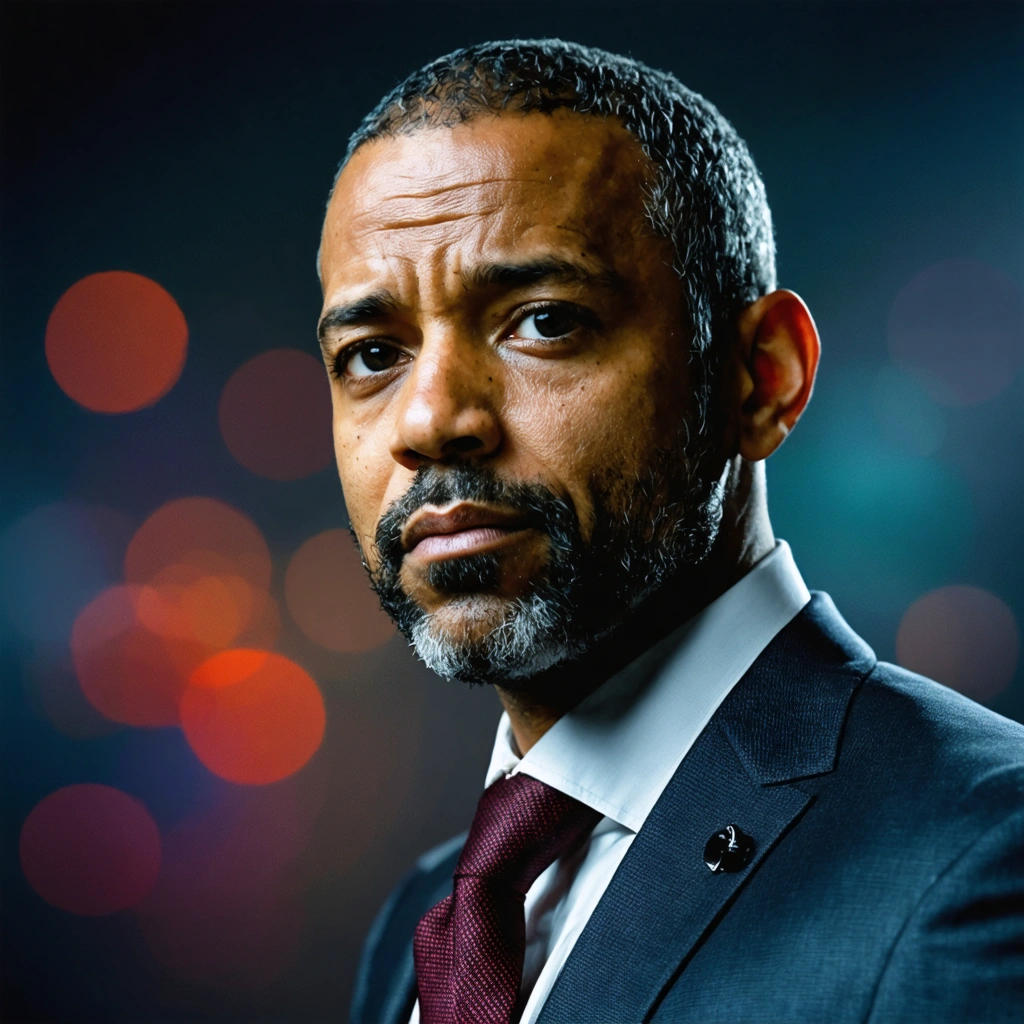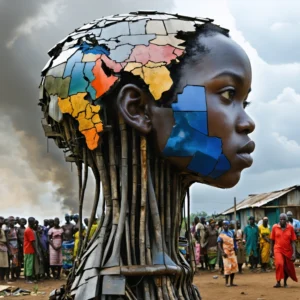
Introduction
Noel Clarke currently faces intense legal and media scrutiny as allegations surrounding his practices emerge. In a detailed court testimony, a witness stated that Clarke possessed explicit photos of women, including sensitive images, to serve as collateral against any dissent. Although this development has shocked the industry, the actor now finds himself embroiled in a multifaceted legal crisis. Therefore, industry experts and legal professionals closely examine this issue in order to understand its impact on his reputation and business interests. Moreover, contrasting viewpoints arise among legal analysts, business strategists, and public relations experts who continue to study the interplay between celebrity scandals and media accountability.
Examination of Allegations
Explicit Photos as Leverage
Clarke reportedly used explicit images to secure silence from women who engaged with him. Consequently, the witness asserted that he maintained an archive of compromising materials. This revelation not only intensifies the focus on his behavior but also influences public opinion on the nature of consent and power dynamics. For instance, a witness testified that Clarke promised to provide reassurance but instead insinuated the potential harm of these explicit photographs. Additionally, such measures invite critical examination by legal teams and media analysts who now scrutinize these practices under a severe ethical lens.
Legal Proceedings and Court Influences
In parallel, Clarke launched a lawsuit against The Guardian over a series of exposés published between 2021 and 2022. His case accuses the newspaper of disseminating information based on allegations from more than 20 women. Furthermore, several court sessions featured testimony regarding the explicit collateral strategy. As a result, the legal approach appears to focus on framing the narrative, while aiming to challenge journalistic ethics in investigative reporting. Additionally, lawyers on both sides employ transitional reasons to argue their cases and underline the importance of evidentiary standards. In effect, every courtroom development influences public discourse and media scrutiny.
Business and Public Relations Impact
Reputation and Economic Consequences
Irrespective of legal outcomes, the revelations influence Clarke’s standing in the entertainment industry. Business executives now face the challenge of re-evaluating endorsement deals and partnerships. Consequently, sponsorships and potential revenue streams experience uncertainty. Moreover, stakeholders such as investors, sponsors, and business partners scrutinize the broader implications of ethically questionable practices. The following bullet points list key impacts:
- Loss of established endorsement deals
- Decreased media and public trust
- Uncertainty among potential new partners
Furthermore, these effects extend beyond Clarke as other high-profile figures face similar issues when controversies jeopardize financial benchmarks.
Crisis Management and Communication Strategies
Business strategists emphasize the need for robust crisis management policies in light of these revelations. Marketing professionals, for example, organize rapid response initiatives that mitigate reputational damage. Additionally, legal consultants recommend involvement in clear and factual public communications. In turn, companies update communication guidelines to ensure transparency, accountability, and timely engagement with media. A numbered list below outlines key steps in crisis management:
- Immediate internal reviews of current practices
- Transparent communication plans with stakeholders
- Engagement with legal experts to mitigate risks
- Implementation of stricter editorial controls
Notably, every measure aims to restore confidence among affected parties while emphasizing a proactive stance.
Future Implications and Conclusion
Legal Strategy and Case Developments
Looking forward, legal analysts predict significant outcomes from the current proceedings. Notably, the use of explicit photos as collateral indicates deliberate strategy in leveraging sensitive information. Therefore, the court procedures may set new precedents regarding evidence admissibility and power imbalances in personal relations. Additionally, legal experts urge an examination of how such strategies interact with existing privacy laws and norms. They also compare this case to similar instances in the industry, thereby crafting comprehensive legal arguments that may influence future litigation concerning explicit material. Consequently, this situation may compel a reevaluation of legal standards related to privacy and consent.
Media Ethics and the Future of Investigative Journalism
The case also stirs reflective debate regarding media ethics, with various newsrooms reassessing their investigative strategies. Journalists, for example, encounter challenges that force them to balance public interest with responsible reporting. Moreover, changes in editorial policies emerge as a direct consequence of these revelations. The following table illustrates key aspects of the ongoing situation:
| Aspect | Details |
|---|---|
| Allegations | Retention of explicit images as leverage |
| Legal Action | Lawsuit against major publications |
| Reputational Impact | Decline in endorsement deals, public trust at stake |
| Industry Response | Revised crisis management protocols |
Furthermore, investigative journalism may undergo a transformation as media outlets strive to uphold truth while respecting privacy considerations. In conclusion, the Noel Clarke case evolves into a landmark event that encapsulates the complexities of legal strategy, public relations, and media ethics in the modern landscape.




